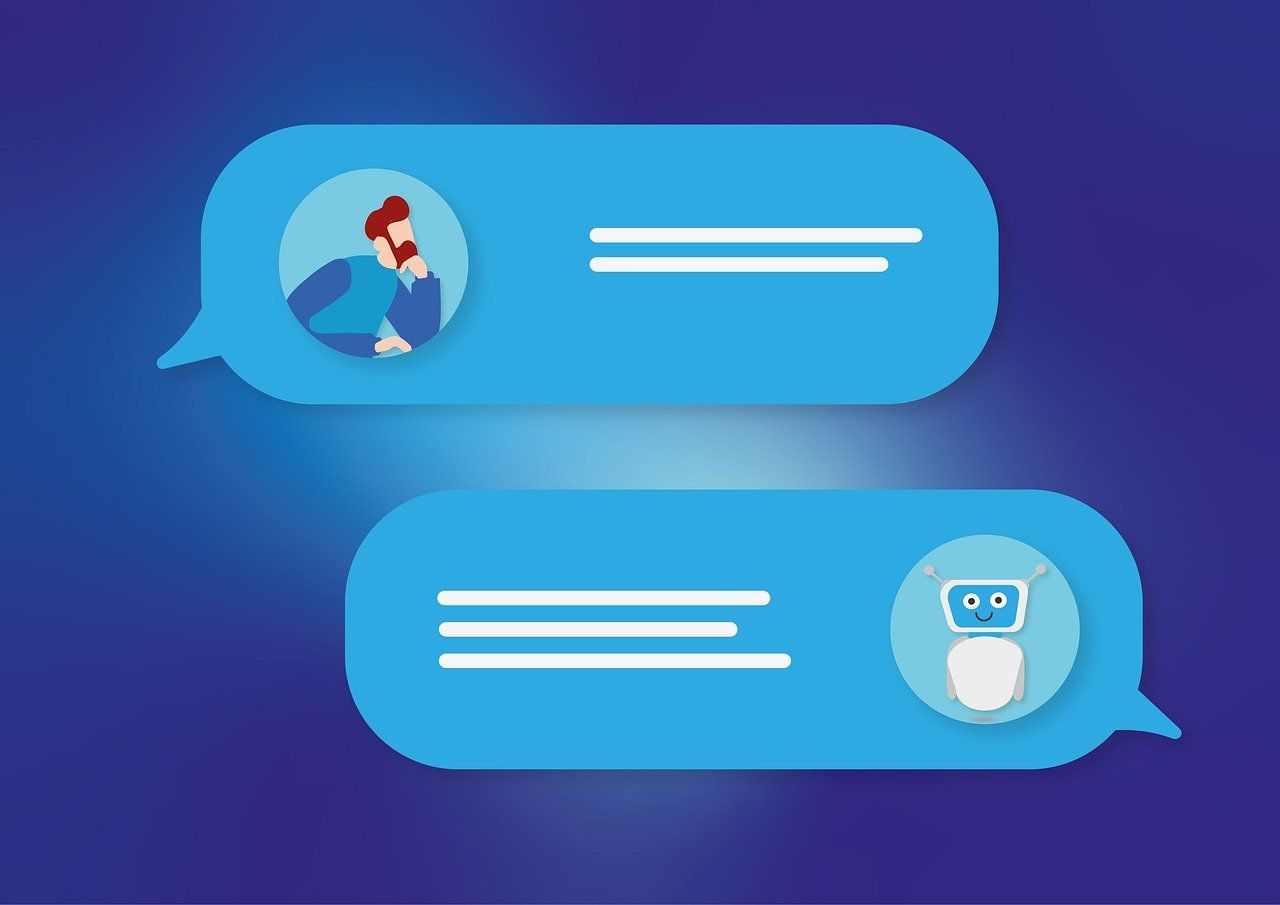
Edge AI: The Next Frontier in AI Development for IoT Devices
 In the rapidly evolving landscape of artificial intelligence (AI) and the Internet of Things (IoT), a new paradigm is emerging that promises to revolutionize how we process and act on data: Edge AI. This cutting-edge approach to AI deployment is set to transform the capabilities of IoT devices, bringing unprecedented levels of intelligence and autonomy to the edge of networks. In this blog post, we'll explore what Edge AI is, why it's crucial for the future of IoT, and how it's shaping the next frontier of AI development.
In the rapidly evolving landscape of artificial intelligence (AI) and the Internet of Things (IoT), a new paradigm is emerging that promises to revolutionize how we process and act on data: Edge AI. This cutting-edge approach to AI deployment is set to transform the capabilities of IoT devices, bringing unprecedented levels of intelligence and autonomy to the edge of networks. In this blog post, we'll explore what Edge AI is, why it's crucial for the future of IoT, and how it's shaping the next frontier of AI development.
What is Edge AI?
Edge AI refers to the deployment of AI algorithms and processes directly on IoT devices or local edge servers, rather than in the cloud. This means that data processing, analysis, and decision-making occur closer to the source of data generation, often on the device itself. By bringing AI capabilities to the edge, we can significantly reduce latency, enhance privacy, and enable real-time decision-making even in environments with limited or unreliable internet connectivity.
The Driving Forces Behind Edge AI
Several factors are propelling the growth and adoption of Edge AI:
- Latency Reduction: For many IoT applications, such as autonomous vehicles or industrial robotics, even milliseconds of delay can be critical. Edge AI eliminates the round-trip time for data to travel to the cloud and back, enabling near-instantaneous responses.
- Privacy and Security: By processing sensitive data locally, Edge AI reduces the risk of data breaches during transmission and storage in the cloud. This is particularly important for applications handling personal or confidential information.
- Bandwidth Conservation: With the exponential growth of IoT devices, the amount of data being generated is staggering. Edge AI allows for local processing and filtering of data, sending only relevant information to the cloud and thus reducing bandwidth requirements.
- Offline Functionality: Edge AI enables IoT devices to continue functioning intelligently even when internet connectivity is limited or unavailable, which is crucial for remote or mobile applications.
- Cost Efficiency: While initial hardware costs may be higher, Edge AI can significantly reduce cloud computing and data transmission costs over time, especially for large-scale IoT deployments.
Challenges and Considerations
While Edge AI offers numerous benefits, it also presents several challenges. IoT devices often have constrained computational resources, requiring AI models to be optimized for edge deployment. Balancing the trade-off between model size and accuracy is crucial for effective Edge AI implementation. Many IoT devices are battery-powered, necessitating energy-efficient AI algorithms and hardware.
As the number of edge devices grows, managing and updating AI models across a distributed network becomes complex. The lack of standardized platforms and protocols for Edge AI can hinder interoperability and widespread adoption. Addressing these challenges is crucial for the continued growth and success of Edge AI in IoT applications.
The Future of Edge AI in IoT
As technology continues to advance, we can expect several trends to shape the future of Edge AI in IoT. The development of specialized processors and accelerators designed specifically for Edge AI workloads will enhance performance and efficiency. Federated learning will enable devices to collaboratively learn and improve AI models without sharing raw data, addressing privacy concerns.
We'll likely see seamless integration of edge and cloud computing to leverage the strengths of both approaches in hybrid Edge-Cloud models. The rollout of 5G networks will further enhance the capabilities of Edge AI by providing faster and more reliable connectivity. As AI decisions become more critical at the edge, there will be an increased focus on making these decisions interpretable and transparent through explainable AI techniques.
In Summary
Edge AI represents a paradigm shift in how we approach AI deployment for IoT devices. By bringing intelligence to the edge, we can create smarter, more responsive, and more efficient IoT ecosystems. As the technology matures and overcomes current challenges, Edge AI will undoubtedly play a pivotal role in shaping the future of IoT across industries. Developers, businesses, and researchers who embrace this frontier will be well-positioned to lead the next wave of innovation in the AI and IoT landscape.
The journey toward ubiquitous Edge AI is just beginning, and the possibilities are boundless. As we continue to push the boundaries of what's possible at the intersection of AI and IoT, we can look forward to a world where intelligent devices seamlessly enhance our daily lives, industries operate with unprecedented efficiency, and new solutions emerge to tackle some of our most pressing global challenges.
To learn more about how Edge AI can transform your IoT solutions or to discuss your specific needs, visit our contact page.
Related Articles


